
On Wednessday 30’th of October, The Centre for Applied Creative Technologies (CfACTs) arranged a workshop for AI Research Academics as part of the BFX-2024 Festival in Bournemouth.
BFX Festival is an annual conference that takes place in Bournemouth and Hilton Bournemouth through this week and since 28’th of October until 2nd of November.
Among the works presented during that session, the most-recent advances in Natural Language Processing application for marking medical images, presented by Dr. Nicolay Rusnachenko.
The purpose and keypont of the talk were as follows:
✅ Showcase the potentials of NLP appliaction in processing textual narratives ✍ via GenAI ChatGPT and other systems capable for the detailed explanation, necessary for High Quality data collection and further development the domain-oriented LLM. The following figure below showcases the importance on NLP application for processing medical narratives of liver-related MRI/CT scan series, such as one mentioned in "Series Descriptions" of the DICOM metadata.
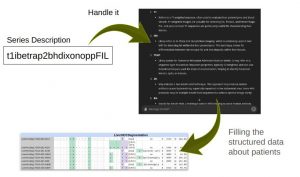
✅ Propose the concept of the end-to-end solution for uniting automatic series understanding and assessing manually written narratives by novice practitioners ⚕️ using the GenAI as the Core Framework. The figure below illustrates the back-end and front-end components of the related system that serve with individual direction of scientific studies dedicated for enhancing domain oriented GenAI framework.
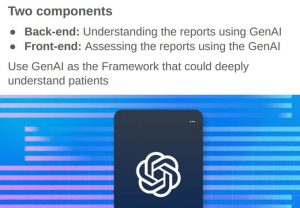
These advances were achieved while at Centre for Applied Creative Technologies CfACTs+ by working on “Marking Medical Image Reports Automatically with Natural Language Processing (NLP-MMI)” project.
Dr. Nicolay Rusnachenko
Research Fellow at Centre For Applied Creative Technologies PLUS (CFACT+)
Bournemouth University

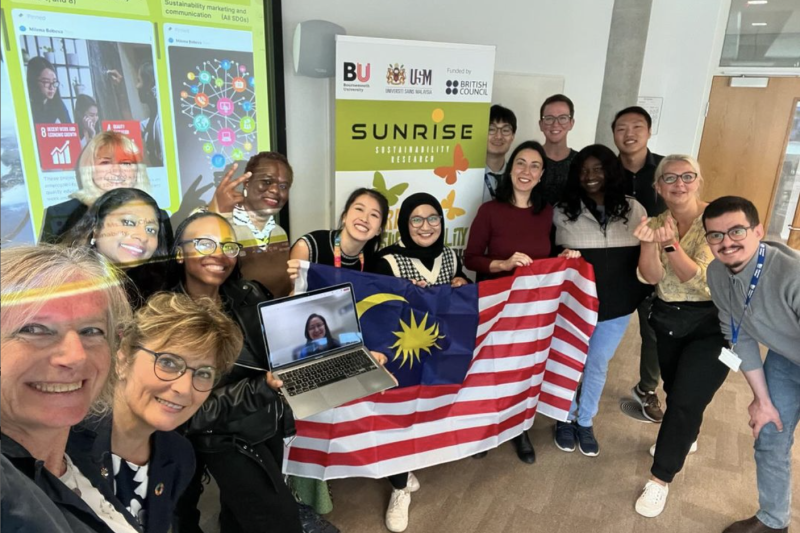 Some of the SUNRISE project team
Some of the SUNRISE project team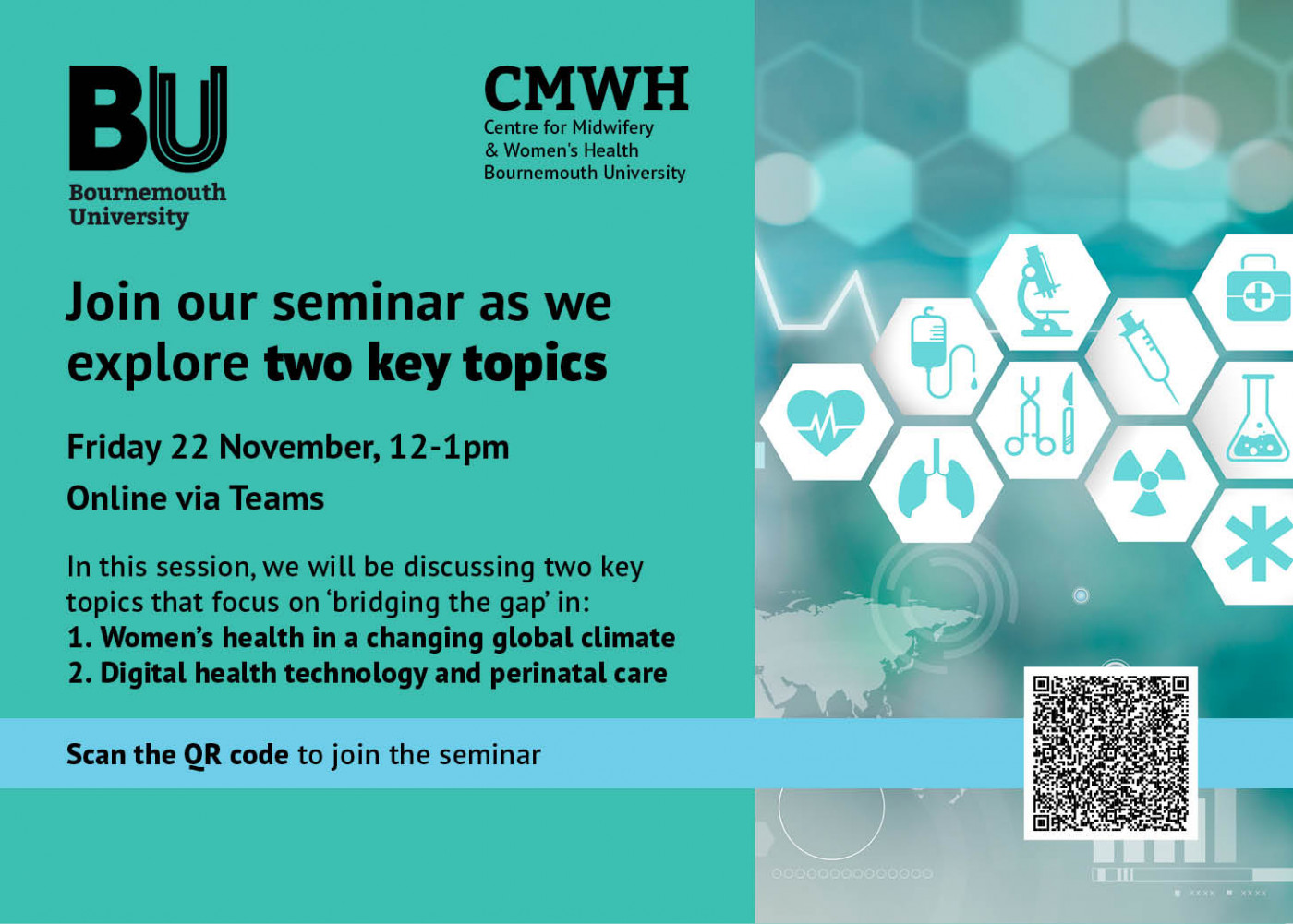

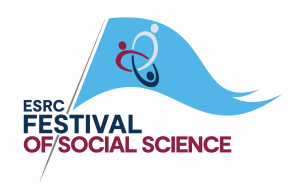
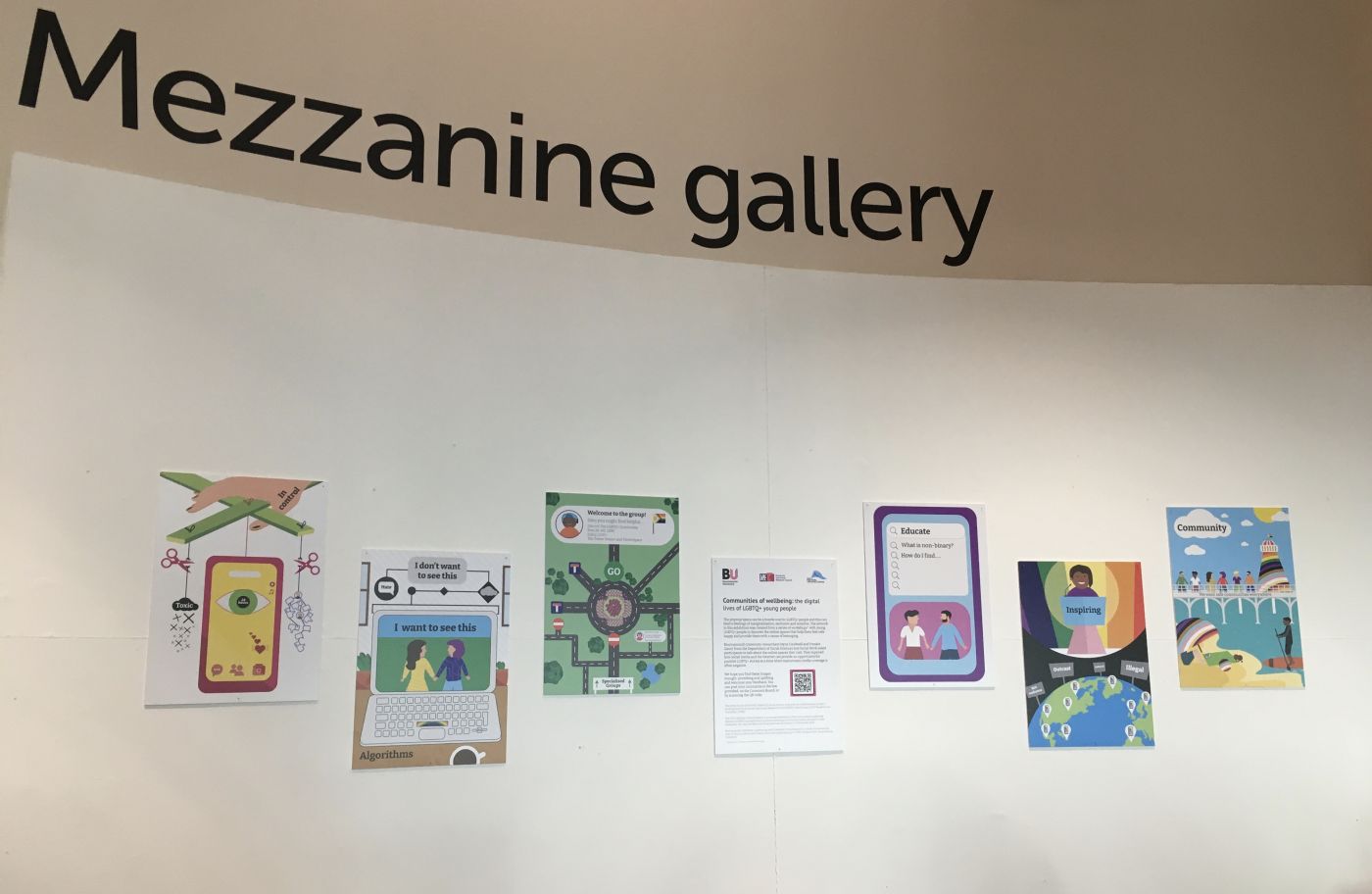
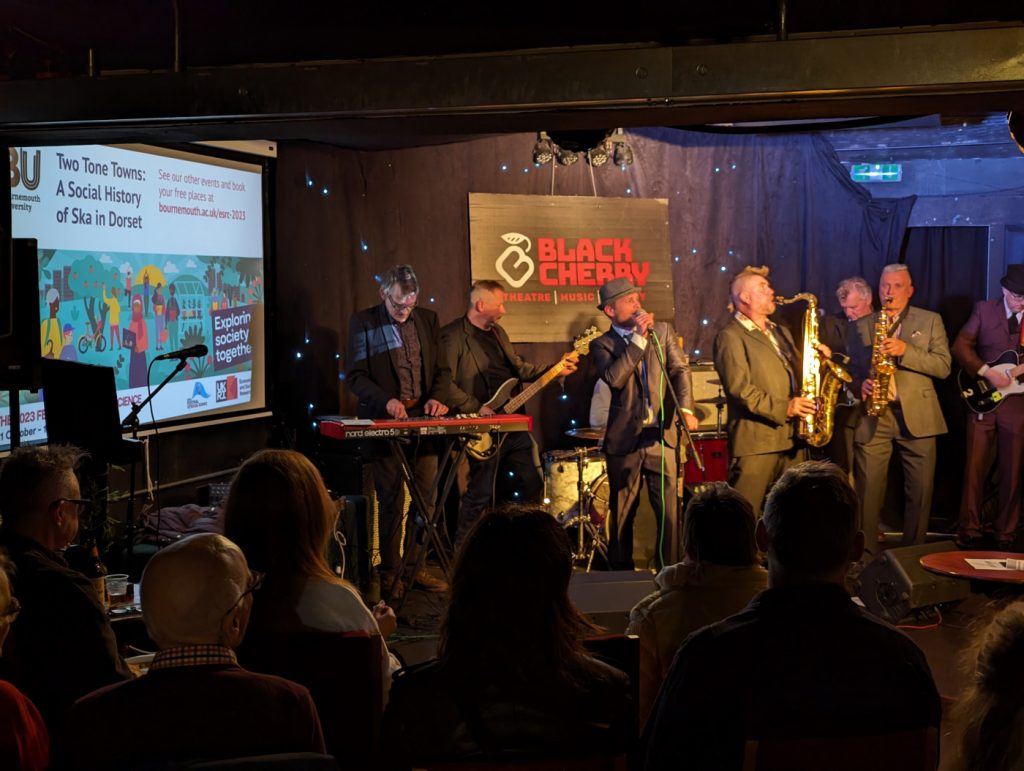
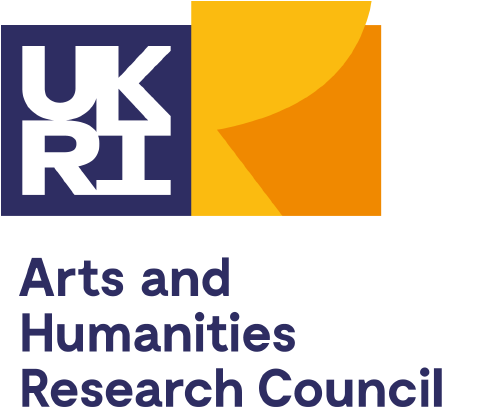

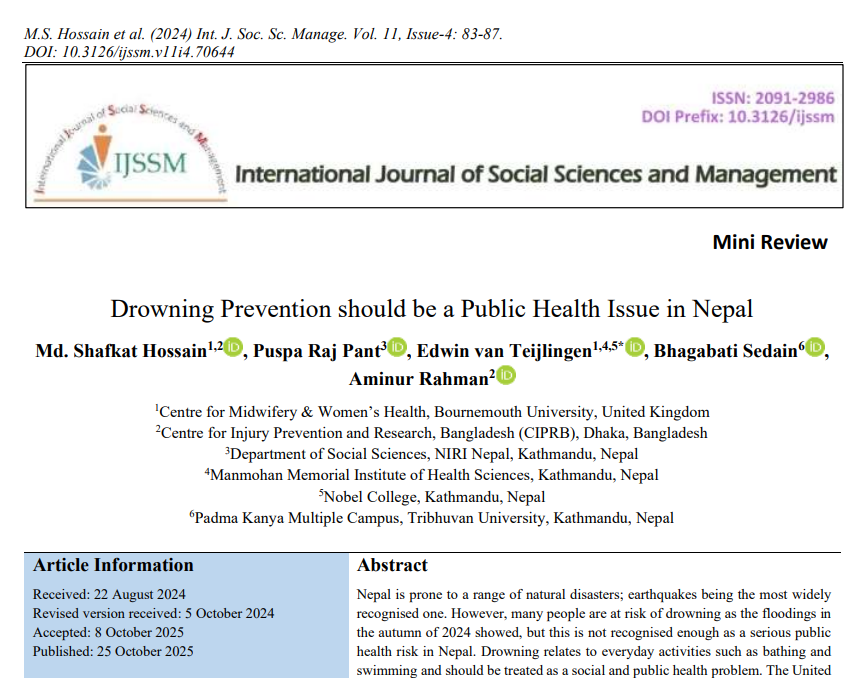
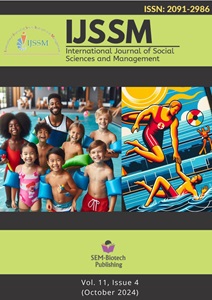

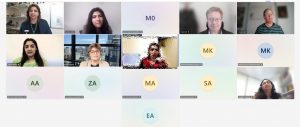
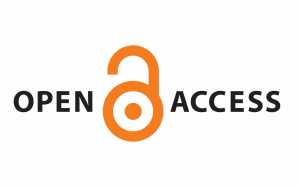 The REF (
The REF (


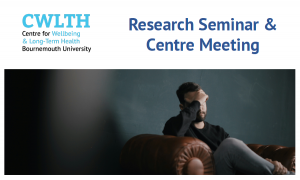











 Nursing Research REF Impact in Nepal
Nursing Research REF Impact in Nepal Fourth INRC Symposium: From Clinical Applications to Neuro-Inspired Computation
Fourth INRC Symposium: From Clinical Applications to Neuro-Inspired Computation ESRC Festival of Social Science 2025 – Reflecting back and looking ahead to 2026
ESRC Festival of Social Science 2025 – Reflecting back and looking ahead to 2026 3C Event: Research Culture, Community & Cookies – Tuesday 13 January 10-11am
3C Event: Research Culture, Community & Cookies – Tuesday 13 January 10-11am Dr. Chloe Casey on Sky News
Dr. Chloe Casey on Sky News ECR Funding Open Call: Research Culture & Community Grant – Application Deadline Friday 12 December
ECR Funding Open Call: Research Culture & Community Grant – Application Deadline Friday 12 December MSCA Postdoctoral Fellowships 2025 Call
MSCA Postdoctoral Fellowships 2025 Call ERC Advanced Grant 2025 Webinar
ERC Advanced Grant 2025 Webinar Horizon Europe Work Programme 2025 Published
Horizon Europe Work Programme 2025 Published Update on UKRO services
Update on UKRO services European research project exploring use of ‘virtual twins’ to better manage metabolic associated fatty liver disease
European research project exploring use of ‘virtual twins’ to better manage metabolic associated fatty liver disease